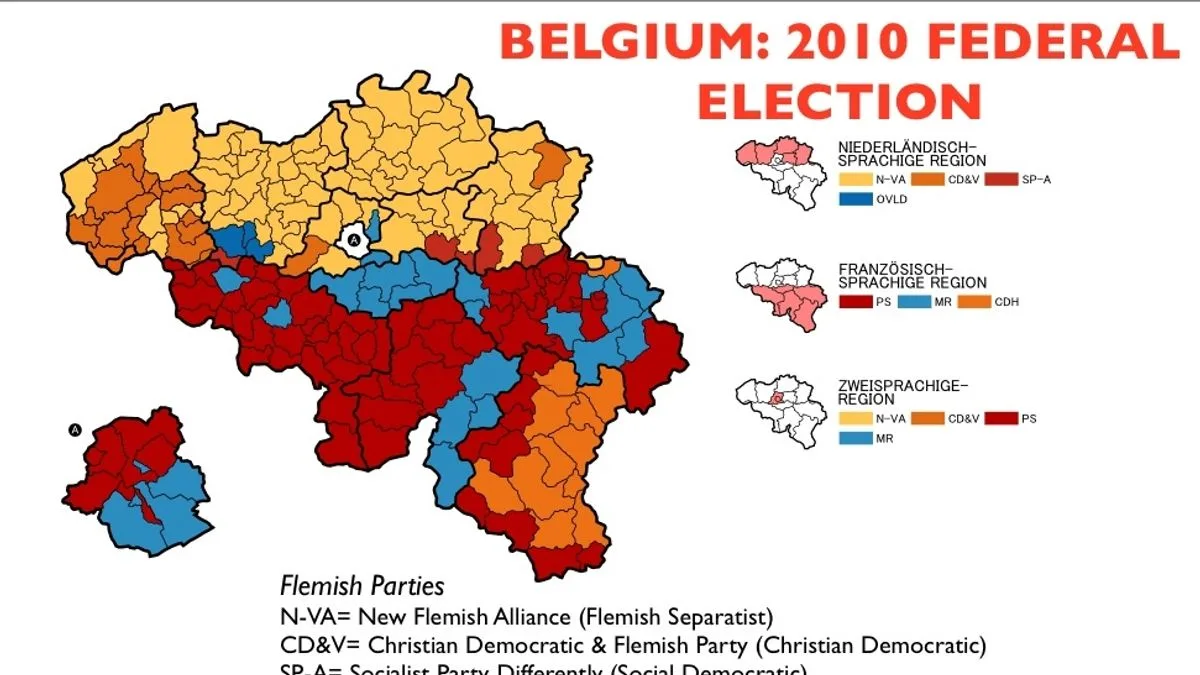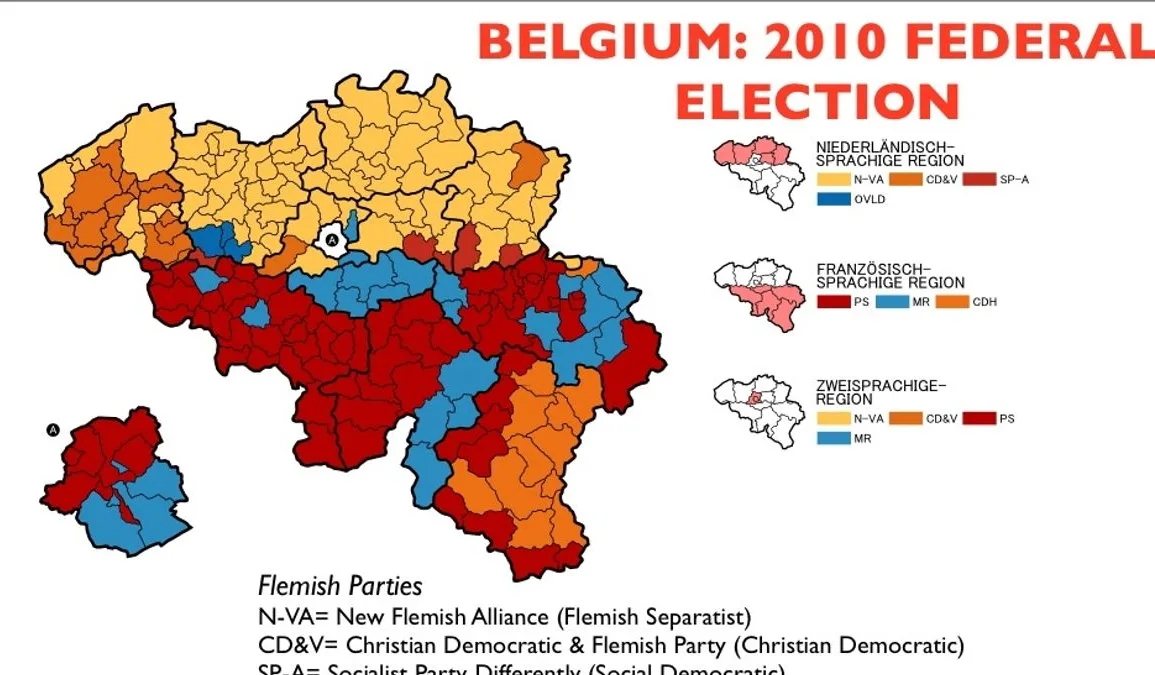
The sudden fall of the Belgian Government has sent shockwaves through Paris, casting a long shadow over the European political scene, particularly at a pivotal moment in reparations negotiations. This political quake stems from a potent challenge led by a coalition of Socialists and Flemish Democrats, staunchly opposing the occupation of Ruhr and fearing a tilt towards French dependency that could compromise Belgium’s sovereignty and its position on the global stage.
Roots of the Political Crisis
At the heart of this upheaval lies a deep-seated resistance against the occupation of Ruhr, a sentiment that has galvanized the Socialists and Flemish Democrats into a formidable opposition. Their concerted efforts have not only precipitated the government’s downfall but have also ignited a debate on Belgium’s future direction and autonomy in international matters. This development is particularly significant as it unfolds against the backdrop of critical reparations discussions, where the stakes for European stability are high.
Impact on Franco-Belgian Relations
The collapse of the Belgian Government has underscored the fragile nature of Franco-Belgian relations, exposing underlying tensions that could derail collaborative efforts in the broader European context. The fear of increased French influence over Belgium has been a central theme, reflecting broader concerns about sovereignty and national identity within the European political framework. These developments have the potential to reshape diplomatic ties, with far-reaching implications for both bilateral relations and European unity.
Looking Forward: Implications for European Politics
The political turmoil in Belgium represents a critical juncture for European politics, raising questions about the future of international alliances and the balance of power within the continent. As Belgium grapples with its internal divisions and the broader implications for its role in Europe, the fallout from this political crisis is likely to influence discussions on reparations, sovereignty, and the dynamics of European integration. The unfolding situation underscores the interconnectedness of European states and the delicate balance that sustains the political and economic stability of the region.
As the dust begins to settle, the eyes of the world remain fixed on Belgium and its next steps. The country’s ability to navigate this crisis, reconcile internal divisions, and forge a path forward will not only determine its own future but also shape the trajectory of European politics in the years to come. This episode serves as a poignant reminder of the complexities and challenges inherent in maintaining unity and stability in an increasingly interconnected and politically diverse Europe.


